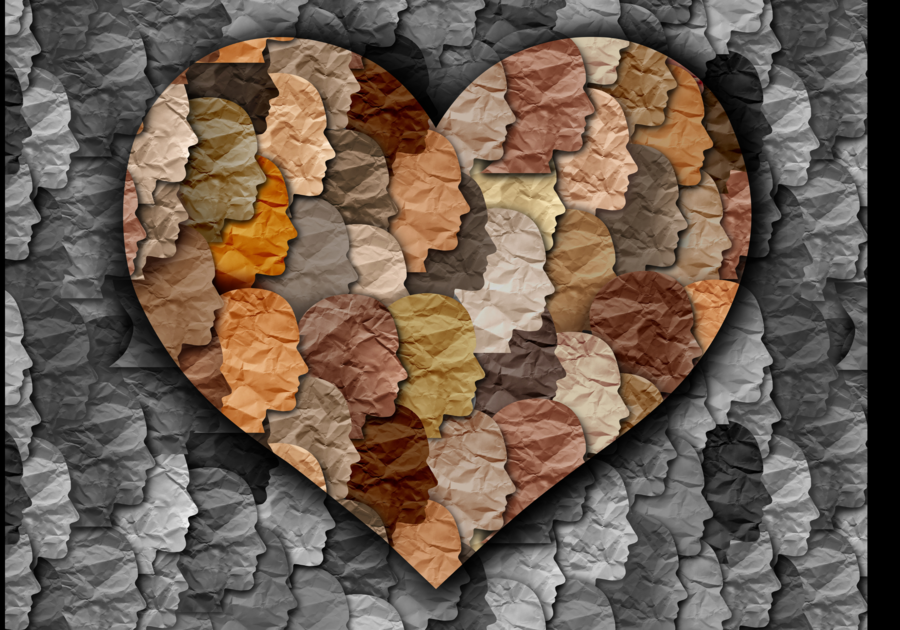February is Black History Month, but we must recognize that just like Women's History is celebrated throughout March and President's Day is in January, Black History is American History and learning about the impact that Black Americans have made in the United States and across the globe. In February, the designation is an opportunity to dig deeper, learn more about the culture, impact, follow and engage in movements from the past to the present day.
Have you ever wondered why February is Black History Month and who headed the charge? It was created in 1926 in the United States when historian Carter G. Woodson and other prominent African Americans from the Association for the Study of Negro Life and History announced the second week of February to be "Negro History Week," to honor the birthdays of former President Abraham Lincoln and Frederick Douglass, an escaped slave and prominent abolitionist movement activist. However, it wasn't until 1976 that it became official, and every U.S. president since has officially designated the month of February as Black History Month and endorsed a specific theme. Other countries worldwide, including Canada and the United Kingdom, also devote a month to celebrating Black history.
The Black History Month 2021 theme, "Black Family: Representation, Identity and Diversity," explores the African diaspora and the spread of Black families across the United States.
There are 28 days in February, and here are 28 ways to get engaged and celebrate Black Americans' rich culture.
- Watch a movie about a famous Black American.
- Turn your family room into a living history museum.
- Learn about the life of the 44th president of the United States, Barack Obama.
- Learn about the life of the 1st female vice president of the United States, Kamala Harris.
- Play a Black History trivia game.
- Read about courageous veterans, including the 54th Massachusetts, Buffalo Soldiers, and other Black men and women like Milton Olive, III, a U.S. Army soldier who sacrificed his life to save others by falling on a grenade, or Evelyn Greenblatt Howren.
- Learn about the Tuskegee Airmen, including women Bessie Coleman, Mildred Carter, and Willa Brown.
- Read books with Black characters.
- Virtually visit the Smithsonian National Museum of African American History & Culture.
- Indulge in some role-playing: Have a sit-in like four friends who stood up by sitting down, recite a famous speech by Dr. Martin Luther King, Jr., or march for peace.
- Write a thought-provoking poem like Maya Angelou, Toni Morrison, Langston Hughes, James Baldwin, Phyllis Wheatley, or W.E.B. DuBois.
- Get in good trouble like John Lewis by standing up for something you believe is not fair. You can write letters or plan a peaceful protest.
- Discover key Supreme Court cases that helped Blacks secure rights. Research the events that triggered the cases. Find out if these court decisions sparked any aftermath. Make sure to seek out cases presided by Thurgood Marshall, the first Black Supreme Court justice.
- Read or watch the works of playwright August Wilson, referred to as the "theater's poet of Black America." Wilson is best known for a series of ten plays collectively called The Pittsburgh Cycle, each set in a different decade of the 20th century and chronicles the African-American community's experiences and heritage. He won Pulitzer Prizes for two of them: Fences and The Piano Lesson.


